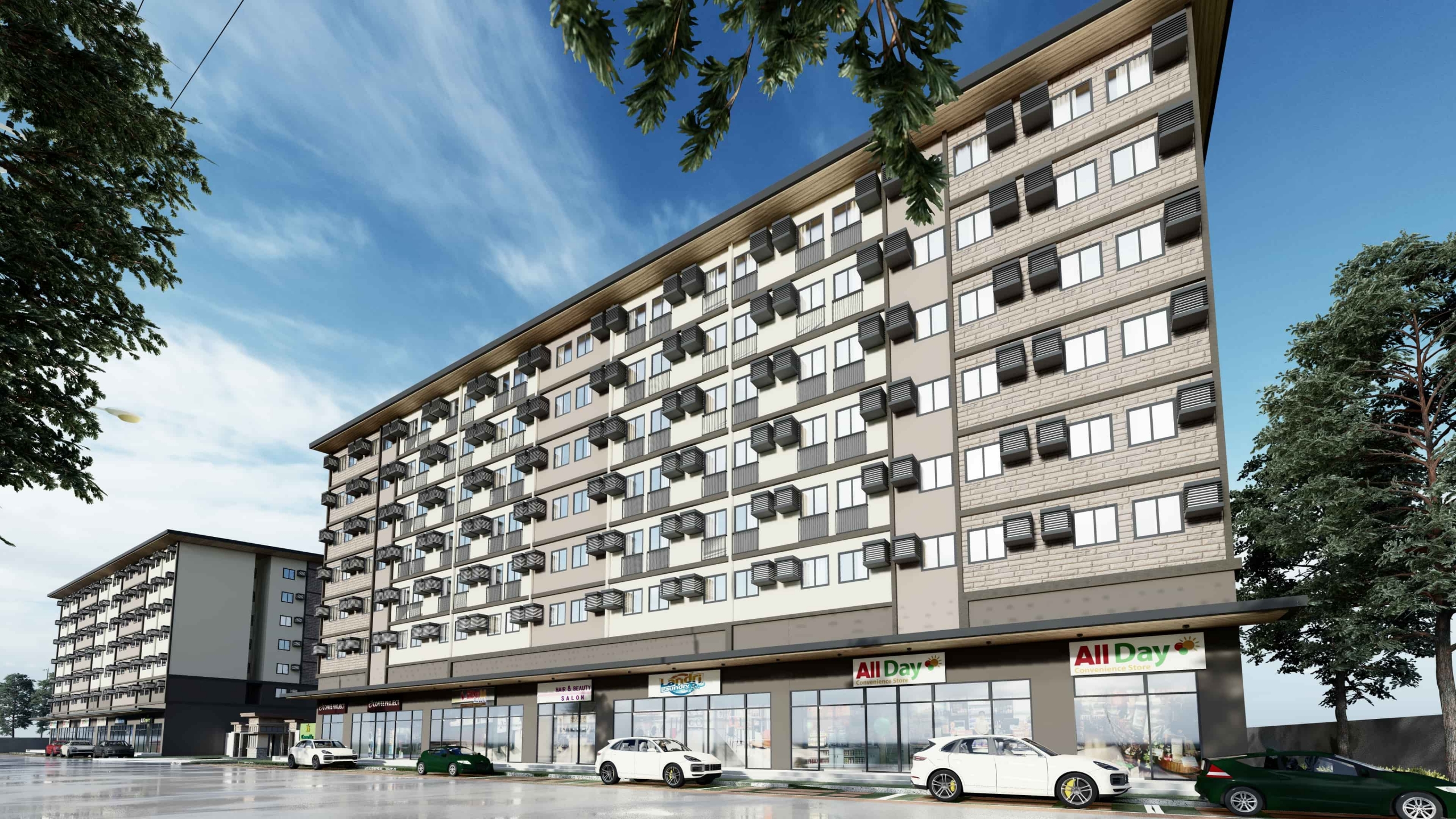
The pandemic has forced many Filipinos to shift to remote work, transforming the traditional office setup into a virtual workspace. As more companies embrace this new normal, it’s no surprise that the demand for residential real estate with a remote work-friendly setup has surged. But how does this impact real property values in the Philippines?
In this blog post, we’ll explore how working remotely is making homes more expensive and what it means for both investors and homeowners. So buckle up and let’s dive into the world of remote work setup, commercial real estate and residential real estate!
The Rise of Remote Work in the Philippines
Remote work has risen in the Philippines, especially during the COVID-19 pandemic. With video conferencing tools like Zoom and Microsoft Teams at our disposal, remote work has become a feasible option for many businesses, allowing employees to work from home or anywhere with an internet connection and other devices.
This shift towards remote work is not just a trend but a fundamental transformation of how we think about the workplace. To work remotely offers several benefits to employers and employees such as increased productivity, reduced stress levels, cost savings on commuting expenses, and office space rental fees.
Moreover, remote work allows companies access to a wider talent pool beyond their geographic location. This opens up opportunities for individuals living outside major cities who previously had limited job prospects due to distance or lack of available jobs in their area.
As more and more companies adopt a remote work policy even after the pandemic subsides, we can expect continued growth in this sector. The rise of remote work will have long-term implications on real estate values as well as other industries that are dependent on physical offices like construction workers who build commercial real estate such as shopping centers and multi-story buildings.
It is clear that remote work is here to stay and will continue shaping our economy in ways we may not yet fully understand.
How Remote Work is Making Homes More Expensive
The COVID-19 pandemic has forced many businesses to adopt remote work policies as a means of keeping their employees safe from the virus. As a result, there is now an increase in demand for certain types of properties that can cater to this new way of working.
One example is the need for a home office setup where individuals can work, and conduct video calls, and other virtual meetings without constant distractions. With more people working from home, having a dedicated remote workspace has become essential. This means having a separate room for work defined from the living space. This also means that personal property with extra room that can be converted into an office or those with multi-story detached buildings are more attractive to buyers or renters.
Another factor driving demand is access to reliable communication tools such as video conferencing platforms and high-speed internet connections. Homes equipped with these features are highly sought after by remote workers who require constant connectivity and remote tools.
In addition, there’s also been an increasing preference for properties located in areas away from densely populated cities where it’s easier to maintain proper social distancing measures while still being close enough to shopping centers and other amenities.
Remote work has had a significant impact on real estate values in the Philippines. Properties that offer ample space and privacy have become increasingly popular among those who want to avoid crowded public spaces while still being productive at work.
Surging Demand Drives Home Prices Up in Select Areas
Homes located near shopping centers, restaurants, and other amenities have also seen an increase in value as people prioritize convenience when choosing their living spaces. Additionally, properties with good natural lighting and designated office spaces are now getting more real estate transactions from remote employees.
In contrast, there is less demand for multi-unit buildings, undeveloped property, or even vacant land and raw land that may not be conducive to creating a comfortable workspace at home. As a result, their values may decrease or remain stagnant during this period.
With these changes in the real estate market brought about by remote work arrangements, it’s important for both buyers and sellers to stay informed about current trends and adjust accordingly. Ultimately, understanding the impact of the rise of remote work on real estate values can help property owners make informed decisions regarding their assets.
The Future of Remote Work and Real Estate Values
As remote work continues to gain popularity in the Philippines, opportunities and challenges present themselves for the real estate industry. On one hand, there is a high demand for properties that are conducive to remote work setups such as homes with separate rooms or spaces that can function as home offices.
However, this also means that traditional commercial real estate spaces like office buildings may see a decline in demand. With more companies shifting towards permanent remote work policies, businesses may not see the need to invest in large office spaces.
Furthermore, it’s important for real estate professionals to adapt and embrace technology as remote tools become increasingly essential for virtual property tours and meetings with clients who need a home setup.
One of the biggest challenges facing the industry is pricing properties accurately amidst an uncertain market. Real estate investors must be able to determine fair prices despite fluctuations caused by economic growth or other external factors.
While some uncertainties are presented by remote work trends in relation to real estate values in the Philippines, there are also exciting opportunities for innovation and adaptation within the industry.
Remote Work’s Impact
Remote work is here to stay, and its impact on the real estate industry will continue to be felt in the future. With more people working from home, demand for certain types of properties will increase, leading to higher prices in some areas.
Real estate investors and professionals must adapt quickly by investing in properties that are suitable for remote work setups. They should also consider offering flexible lease terms or co-working spaces as a way of catering to this growing market.
At the same time, property owners looking to sell their homes or rent them out should ensure that their properties have all the essential features required for a comfortable remote work setup. This includes having separate rooms with lockable doors, adequate natural lighting, and ergonomic chairs and furniture for lumbar support.
If done right, remote work can bring about significant economic growth and opportunities for the real estate industry while improving employees’ quality of life. By staying ahead of these trends and understanding what today’s buyers want from their homes and workplaces – we’ll build better communities together!

Check out our Condo for Sale Properties
Discover our condo for sale properties in the Philippines


